Should I Get My Tax Refund On A Debit Card?
As the tax deadline approaches, a lot of people will be getting a refund back from the IRS. If you’re one of these people, then you know you can get...
2 min read
 Chris Gottschalk
:
Feb 7, 2023 4:45:00 AM
Chris Gottschalk
:
Feb 7, 2023 4:45:00 AM
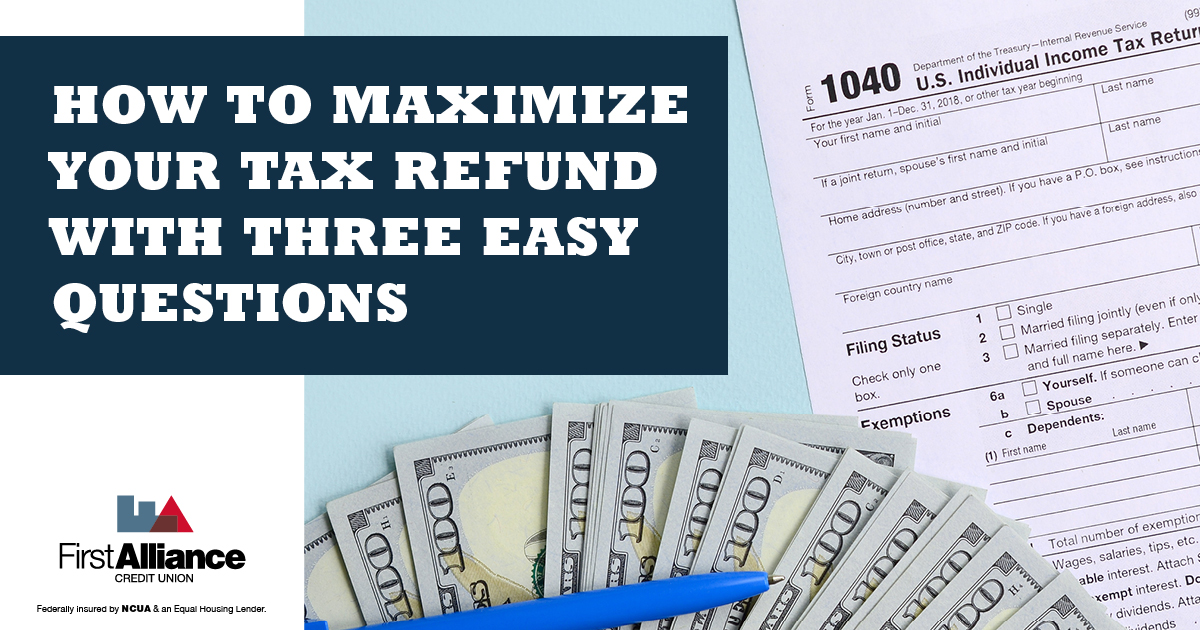
Most people hate the hassle and expense of filing their taxes, but around 75% of Americans will get rewarded for their efforts in the form of a tax refund. How much you’ll get varies, but the average is usually around $3,000. This is a sizeable amount of money, but once you’ve got it, the question arises of:
After all, there are a lot of ways to put that money to good use. Fortunately, you can figure out the best way to use your tax refund by asking yourself three questions.
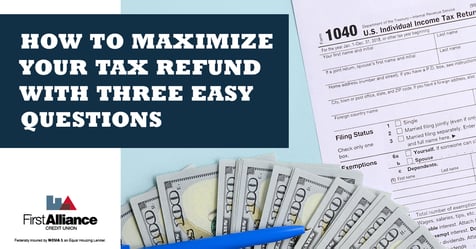 If the answer to this is “yes,” you should use your tax return to pay them off, or at least make a serious dent in your debt load. While you can use any debt payoff strategy you wish, here are some things you should keep in mind:
If the answer to this is “yes,” you should use your tax return to pay them off, or at least make a serious dent in your debt load. While you can use any debt payoff strategy you wish, here are some things you should keep in mind:
Admittedly, paying off debts isn’t the most fun thing to do with a tax return. However, by paying off your debts you can save hundreds of dollars in interest. Even better, you can put the money you were using to pay your debts toward your financial goals, allowing you to reach them faster.
If your debts are paid off, it’s time to look at your savings, particularly your emergency fund. If you don’t have at least three months’ worth of salary saved, you might want to use your tax return to build it up. In fact, given the current state of uncertainty, you might want to put your tax return in your emergency fund if you have less than six months of salary saved.
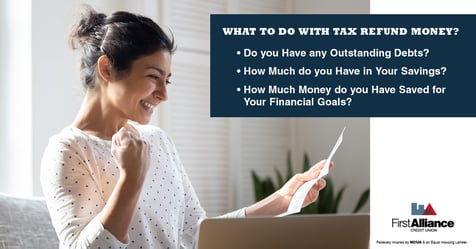 Once you know you’re debt-free and protected against emergencies, think about the future. Specifically, think about your financial goals. These could be short-term goals, like:
Once you know you’re debt-free and protected against emergencies, think about the future. Specifically, think about your financial goals. These could be short-term goals, like:
They could be long-term goals, including:
Consider which goals are your highest priority and allocate your tax return accordingly.
Using your tax return to pay off your debts and build up your savings is responsible, safe and forward-thinking. It can also feel boring. You need to do something fun for yourself with your money, or you’ll end up feeling deprived and less likely to make those safe, responsible money moves in the future.
A good rule of thumb is to spend about 10% of your tax return on something that’s fun for you, whether it be eating out, buying comic books or getting a massage. Whatever you do, though, don’t feel guilty—you’ve earned this.
Trying to figure out the best way to use your tax return doesn’t have to be difficult. All you need to do is answer four questions, and you’ll know how to put your tax return to good use.
You can also put your tax return to its best possible use when you become a member at First Alliance Credit Union. You can have your tax refund directly deposited in your checking account, and from there you can pay off your debts with our electronic bill pay service, put the money in a money market account or CD, and keep track of where your money is going with our online banking platform and mobile app.
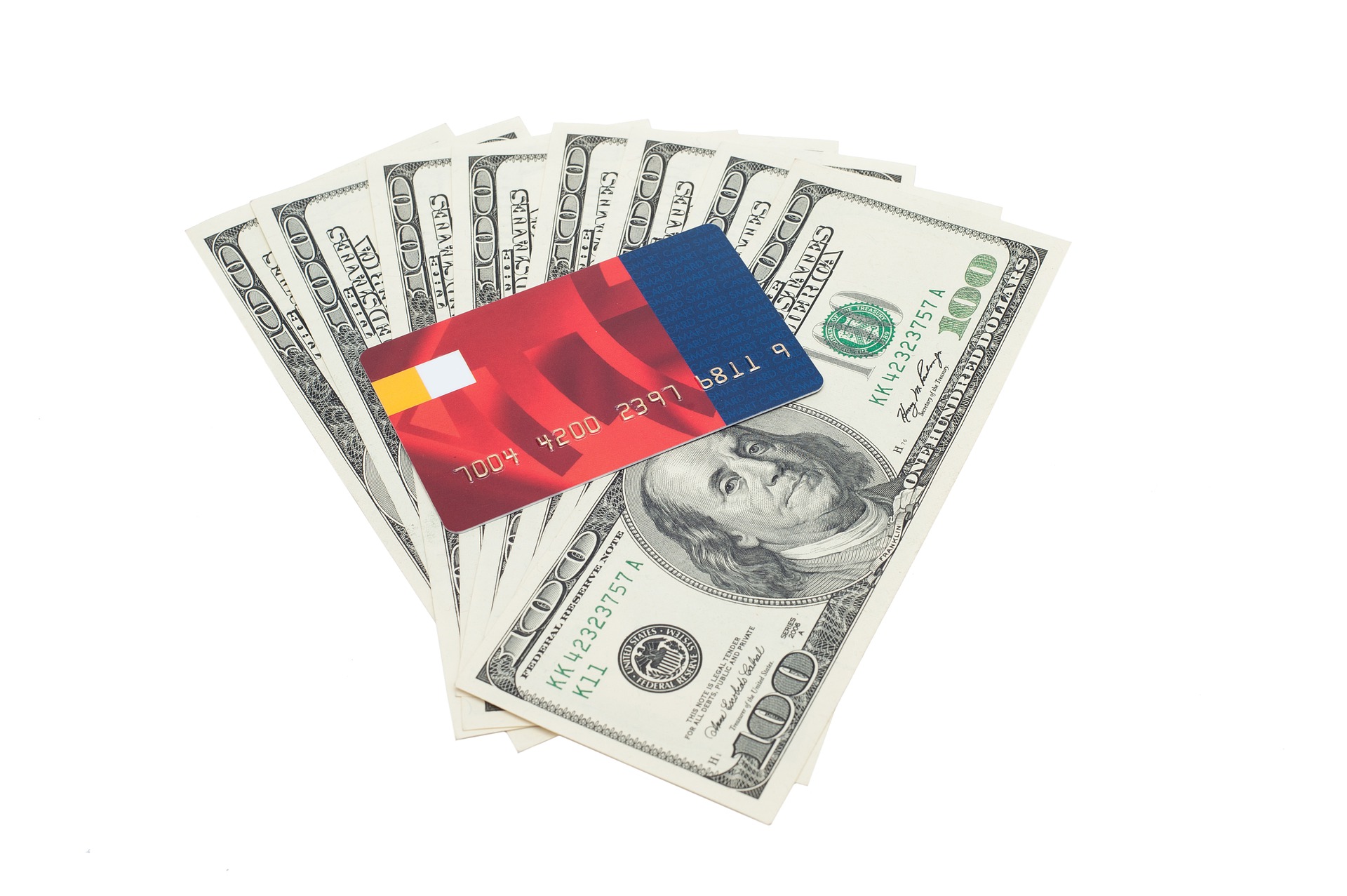
As the tax deadline approaches, a lot of people will be getting a refund back from the IRS. If you’re one of these people, then you know you can get...

When you get your tax refund, the more you know about how to use it wisely, the better. (We've actually written a couple of blog posts on the subject...
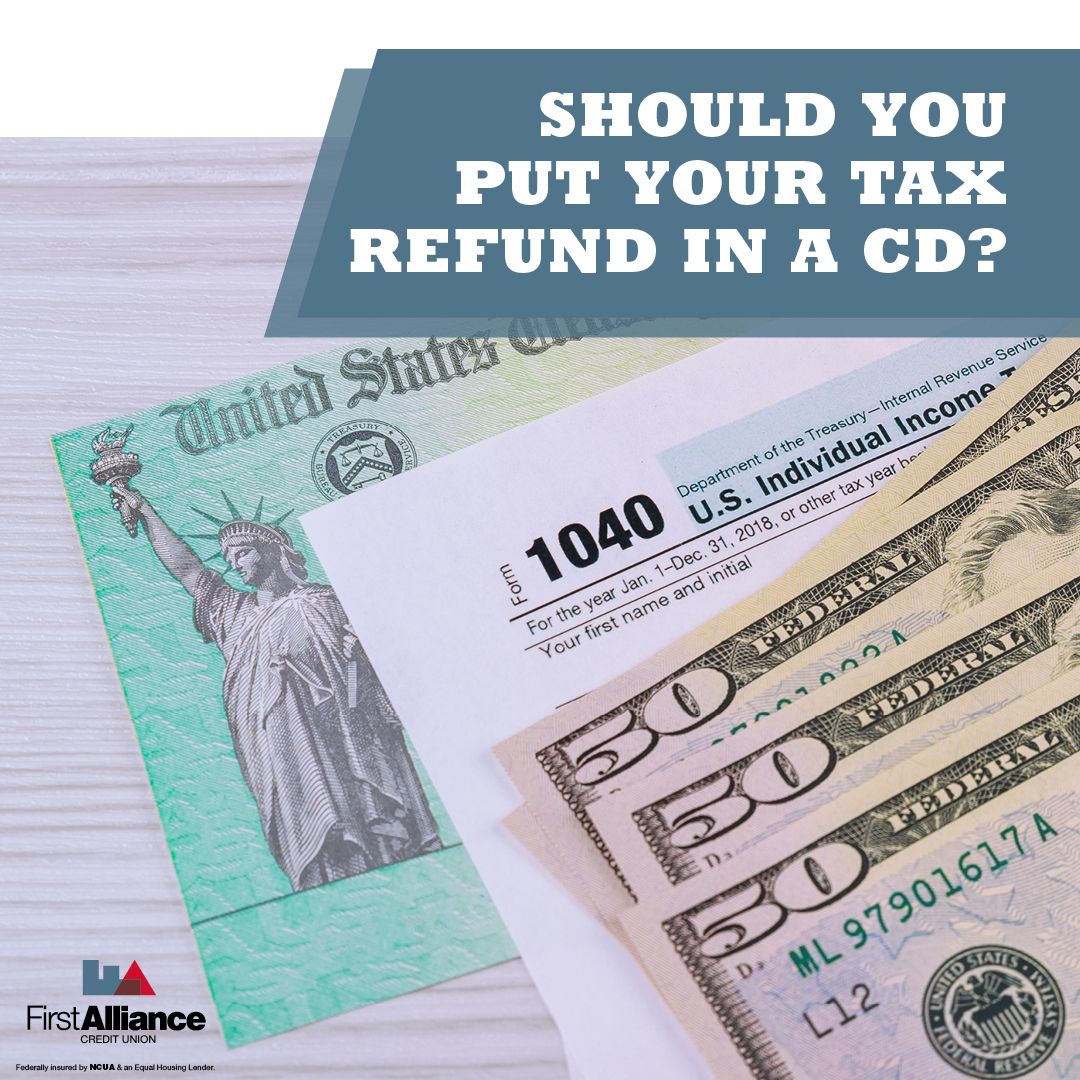
One of the most exciting parts of getting a tax refund is figuring out what to do with it. You might be aware that if you use your tax refund wisely,...